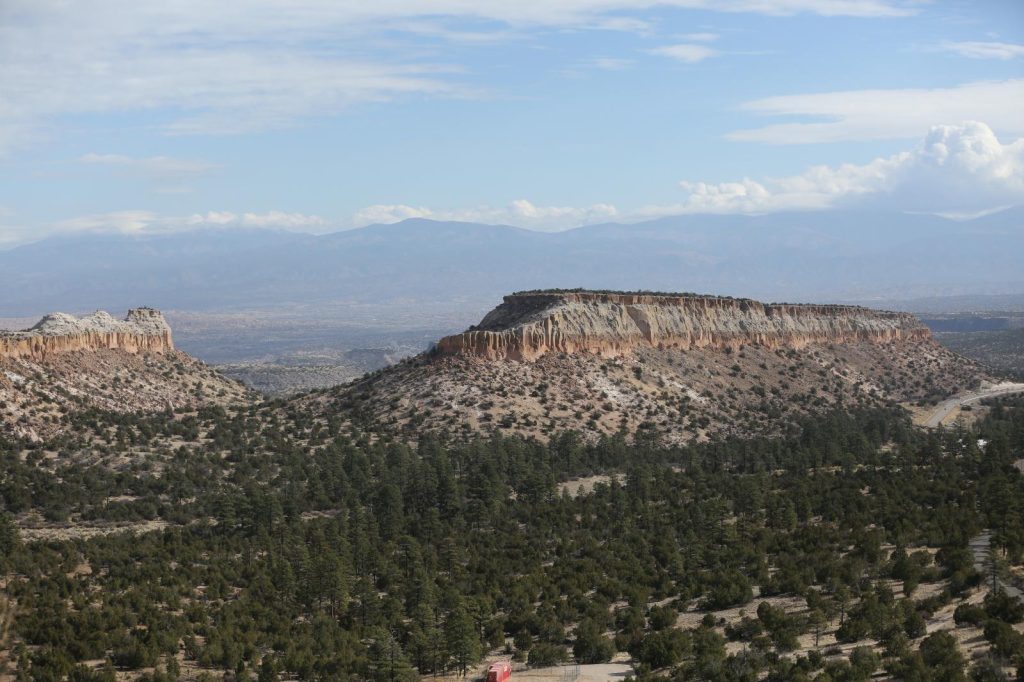
WASHINGTON. Despite Pope Francis’ advocacy for caring for creation, U.S. Catholics are no more likely than other Americans to view climate change as “a serious problem,” according to new data from the Pew Research Center.
Pope Francis is expected to release a new letter on the environment, titled, “Laudate Deum,” Latin for “Praise God,” inspired by a refrain found in several psalms.
The new document is expected to be released Oct. 4, St. Francis of Assisi’s feast day, and has been described by the pontiff as a follow-up to his 2015 encyclical, “Laudato Si’, On Care for Our Common Home.”
In anticipation of the papal document, Pew released new data on U.S. Catholics’ views of climate change, finding that despite Pope Francis’ years of advocacy on the subject, U.S. Catholics’ views on the subject are similar to those of the general public. An identical share in each group, 57 percent, said climate change is either an “extremely” or a “very serious problem.”
Pew’s data found splits on the issue among the U.S. Catholics mirror those of the general public: Catholics, like U.S. adults overall, who are 49 or younger, Democrats or Democratic-leaning, or identify as a race or ethnicity other than non-Hispanic white, are generally more likely than those who are 50 or older, Republicans or Republican-leaning, or non-Hispanic white to express concern about the impacts of climate change.
The data found that Democrats and Democratic-leaning adults are far more likely than Republicans or Republican-leaning adults to say that climate change is an extremely or very serious problem, 83 percent to 25 percent respectively.
Those numbers are nearly identical for Catholics, with Catholic Democrats and Democratic-leaning adults at 82 percent compared to Catholic Republicans or Republican-leaning adults at 25 percent saying climate change is an extremely or very serious problem.
Among the general public, 46 percent of adults said the earth is warming due mostly to human activity, compared to 44 percent of Catholics. Twenty-six percent of the general public attributed this to natural patterns, compared to 29 percent of Catholics. Fourteen percent of the general public said there is no solid evidence the earth is getting warmer, compared to 13 percent of Catholics.
According to the Intergovernmental Panel on Climate Change, “Since systematic scientific assessments began in the 1970s, the influence of human activity on the warming of the climate system has evolved from theory to established fact.”
In his original encyclical “Laudato Si’,” Pope Francis wrote there is “very solid scientific consensus” that climate change is occurring, and that evidence suggests human activity is the primary force of this warming. He called climate change “one of the principal challenges facing humanity in our day.”
Pope Francis wrote that St. John Paul II both shared his concerns about the environment and called for efforts to “safeguard the moral conditions for an authentic human ecology.”
“These problems are closely linked to a throwaway culture which affects the excluded just as it quickly reduces things to rubbish,” Pope Francis wrote, citing as an example that most paper produced is thrown away and not recycled.
Francis linked overconsumption and even abortion to the throwaway culture Christians should seek to address.
“Human beings too are creatures of this world, enjoying a right to life and happiness, and endowed with unique dignity,” he wrote. “So we cannot fail to consider the effects on people’s lives of environmental deterioration, current models of development and the throwaway culture.”
According to Pew, among Catholics who attend Mass at least monthly, 41 percent say they have heard no mention of climate change from the pulpit.
Among the remainder who said they have heard a little discussion of climate change from the pulpit, 36 percent say they have heard about their “duty to care for God’s creation,” 23 percent say they have heard “support for actions to limit the effects of climate change”, another 9 percent have heard concern that climate change policies “give too much power to the government” and 8 percent say they have heard they “don’t need to worry about climate change.”









